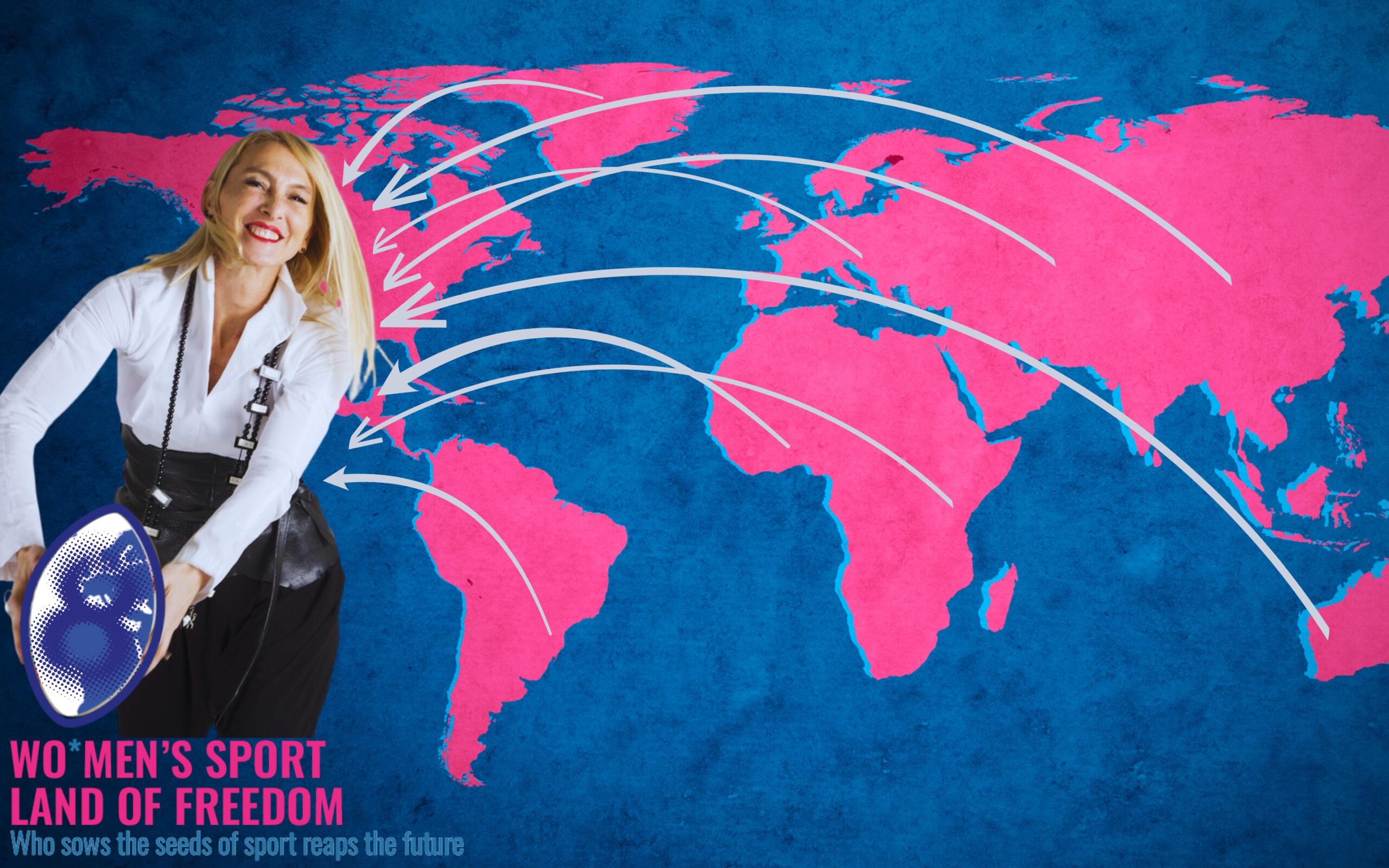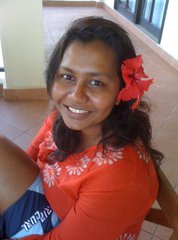
SINGAPORE: I FEEL BLESSED TO BE ABLE TO CONTRIBUTE TO THE DEVELOPMENT OF RUGBY
“I feel blessed to be able to contribute to the development of rugby”

Thanks to:
Merianne Selvaraj
World Rugby Master Trainer and Pitchside Medical Lead and Tournament Medical Manager
- The history of the women’s movement in Singapore
- Testimonials
- Reading time: 7 minutes
SINGAPORE - Find out more
Singapore is an island city-state in Southeast Asia with about 5.92 million inhabitants in 2024, with slightly more women than men. Women hold 29.8% of the seats in parliament and participate in the labor market at a rate of 64.2% (compared to 77.2% for men). Despite high levels of education and access to healthcare, gaps remain in leadership roles and in average pay.
(SOURCE: data.unwomen.org; World Bank Gender Data Portal; IPU Parline; Singapore Department of Statistics)
HISTORY OF THE COUNTRY
1. When did the women’s rugby movement start in your country and what is its history? How is rugby structured in your country?
Rugby has existed in Singapore since colonial times. In the 1990s, touch rugby was introduced in schools, and girls were allowed to play. That was our first exposure to a form of rugby. Full-contact women’s rugby did not begin until 2006, when the first women’s XVs championship was created. From touch rugby in the 1990s to full-contact XVs in 2006, the women’s rugby movement has grown steadily, participating in Asian women’s rugby tournaments. Rugby’s popularity increased with the support of major sponsors such as Standard Chartered and Adidas, who backed local rugby. Today, there are 6 senior women’s clubs with both sevens and XVs teams, as well as 10 youth rugby clubs, most of which have at least one girls’ team in a specific age group, if not more.
2. Do you think playing rugby has a social impact for a woman in your country?
Yes, it certainly has a social impact. Women and girls see rugby as an opportunity to take part in a sport that requires not only skill and speed but also strength and teamwork. Strong, fit bodies are celebrated — not just slim ones. The respect and inclusivity of rugby culture, as well as the trust among opponents on the field and friends off the field, are benefits for both men and women in the country.
3. In your opinion, what can rugby give to women in your country?
Rugby can provide teamwork and athleticism while serving as an outlet for aggression. It shows women that we are capable even in the most demanding sports. There is nothing boys can do that girls cannot. Teamwork, dedication, and camaraderie, combined with Singapore’s close-knit rugby community, also provide an excellent support system.
JOURNEYS THROUGH RUGBY
1. When did you start playing rugby and how did you discover it?
I grew up with a father who played rugby (…) He used to take us to the Singapore Cricket Club as children, where we watched the SCC 7s (the world’s longest-running sevens competition). There he explained the rules, and we cheered for our favorite teams together.
2. What has rugby taught you that has impacted your daily life? Can you give me an example of when a rugby mindset was useful?
It has allowed me to combine my love for the game with my profession. My life was shaped by early involvement in this beautiful sport and changed significantly for the better when I returned to it as an adult. I would be a very different person without rugby. I feel particularly blessed to contribute to its development in Asia, for both men and women. The determination to take part actively, the initiative, and the resilience to grow into increasingly important roles reflect a rugby mindset applied to life. — Eager to participate, I called a friend who worked with the Singapore Rugby Union (SRU). As a registered nurse, he connected me with the World Rugby course (…) From there, I joined the rugby medical community and started covering local matches. I was later hired as Medical Manager for the Singapore Rugby Union, a role I held for three and a half years… I also run my own business, providing medical training and coverage for sporting events, specializing in rugby.
3. Can you give me three words that connect rugby with freedom?
- Passion: My love for the game.
- Service: Player welfare, rugby development.
- Calling: It changed me significantly. I would be a very different person without rugby.
4. What does living in a land of freedom mean to you?
Freedom = having the power to contribute, educate, represent, and create real change.
